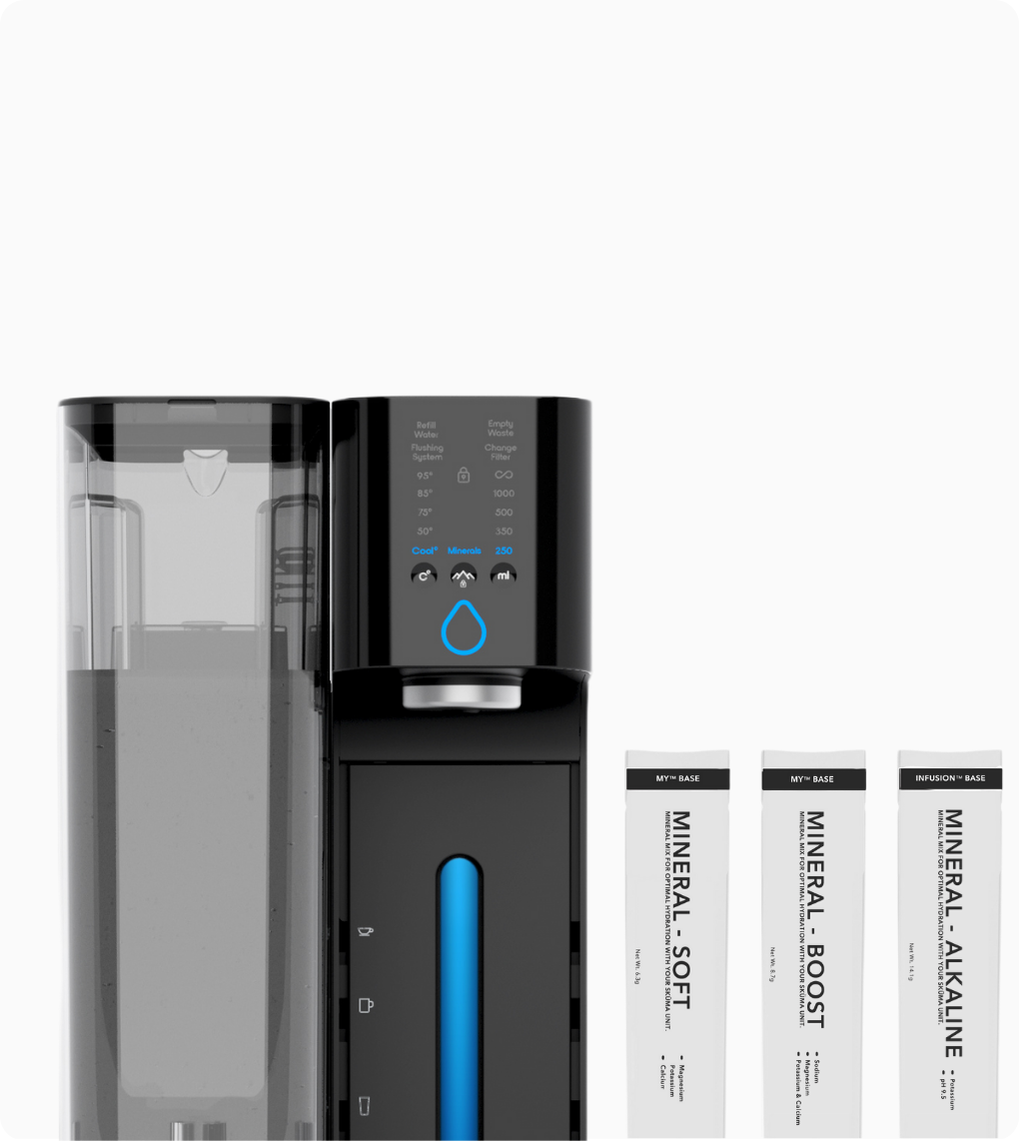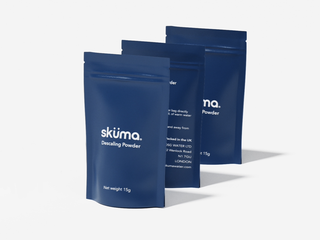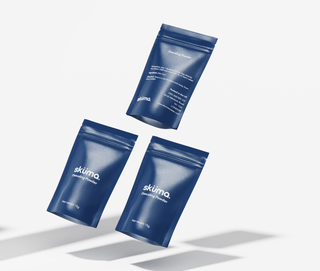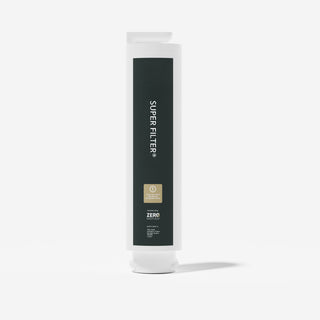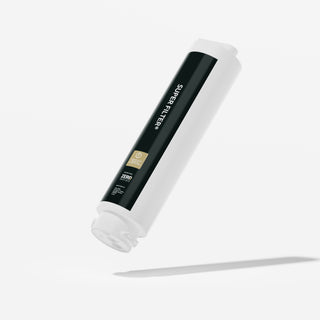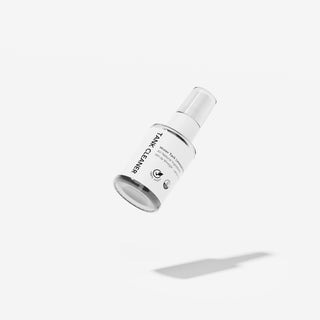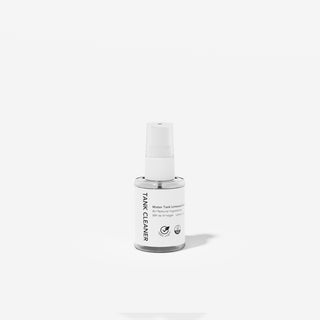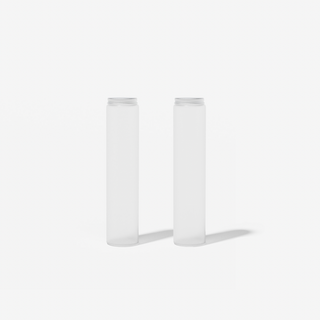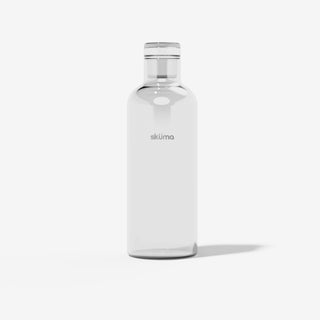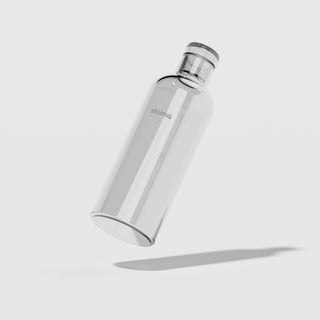While water plays an instrumental role in maintaining overall health, its impact on skin health is particularly profound. Understanding the relationship between hydration and skin, the body's largest organ, can help us make better lifestyle choices to maintain its radiance and health.
Understanding the skin's need for water
Skin cells, like all cells in the body, consist largely of water. Insufficient water intake can lead to impaired cellular function, resulting in skin that is dry, tight, and flaky.

Adequate hydration helps the skin retain its moisture and regenerate its cells faster, which in turn makes it more elastic and able to bounce back more easily. Moisture-rich skin also appears more youthful and vibrant given that hydrated skin cells are plump and full, which leads to a surface that is smoother and more even. In contrast, dehydrated skin loses its plumpness, causing it to sag and making any existing wrinkles to appear more pronounced.
The evenness of skin tone can be improved by drinking more water as it improves blood flow and oxygenation of skin cells. Good circulation ensures that nutrients and oxygen are efficiently delivered to the skin cells, supporting their health and vitality. Healthy skin cells repair and regenerate more effectively, which slows down the aging process and the development of wrinkles and fine lines.
Moreover, hydration plays a role in the body’s detoxification process. Water helps in flushing out toxins which could contribute to skin aging and inflammation. These substances, if accumulated, can cause oxidative stress and inflammation, causing damage and exacerbating any signs of aging.

Adequate water intake ensures that the skin cells are sufficiently hydrated, allowing them to function optimally in detoxifying and removing waste. This process not only helps in reducing the occurrence of inflammation but also aids in healing and repairing the skin more efficiently.
Moreover, proper hydration enhances circulation and blood flow, which is vital for the health of the skin. Increased blood flow means more oxygen and nutrients are delivered to the skin cells, while waste products and inflammatory substances are removed more effectively. This nourishing effect helps in reducing inflammation and promotes the regeneration of healthy skin cells.
The skin barrier
Dry skin is unable to effectively fill its role as the body’s natural barrier against the outside world. When the skin is adequately hydrated, it is better equipped to function as an effective barrier, thereby reducing the likelihood of irritants penetrating the skin and causing inflammatory reactions. Dehydrated skin, on the other hand, can become more susceptible to cracks and breaks, making it easier for harmful irritants to enter and trigger inflammation. This is also why dry skin tends to be more sensitive and inflamed and prone to conditions like eczema and psoriasis.

A well-hydrated skin barrier is also more effective at locking in moisture and protecting against environmental factors that accelerate aging, such as UV radiation and air pollution. These factors can cause oxidative stress, leading to the breakdown of collagen and elastin - proteins that are crucial for maintaining the skin's structure and elasticity. By keeping the skin hydrated, the integrity of these proteins is better preserved, reducing the likelihood of wrinkle formation and keeping the skin youthful.
Conclusion
Our skin, like any other organ in our body, relies on proper levels of water intake in order to fill its role of shielding us from harmful UV radiation and pollutants but also to maintain its youthful appearance and a healthy even tone.
Coupled with other healthy habits, drinking enough water on a regular basis will undoubtedly improve your skin’s appearance. Do keep in mind that certain skin imperfections are simply symptoms of underlying medical conditions you should treat on their own.
Staying hydrated can indirectly help in maintaining a more youthful appearance by promoting healthier lifestyle habits. For instance, by choosing water over sugary drinks, you'll avoid sugar-induced inflammation and glycation, a process where sugar molecules attach to and damage proteins like collagen and elastin.


